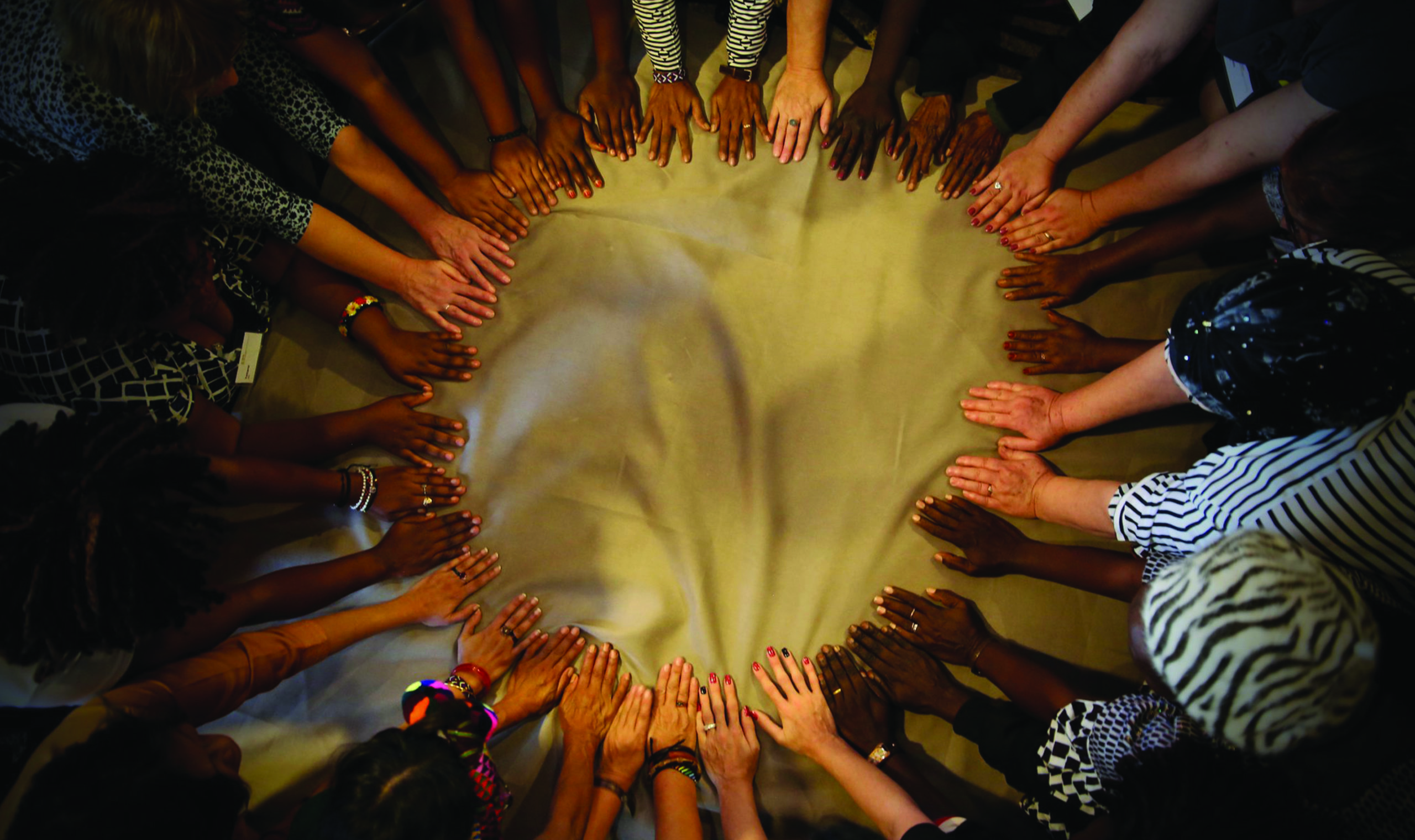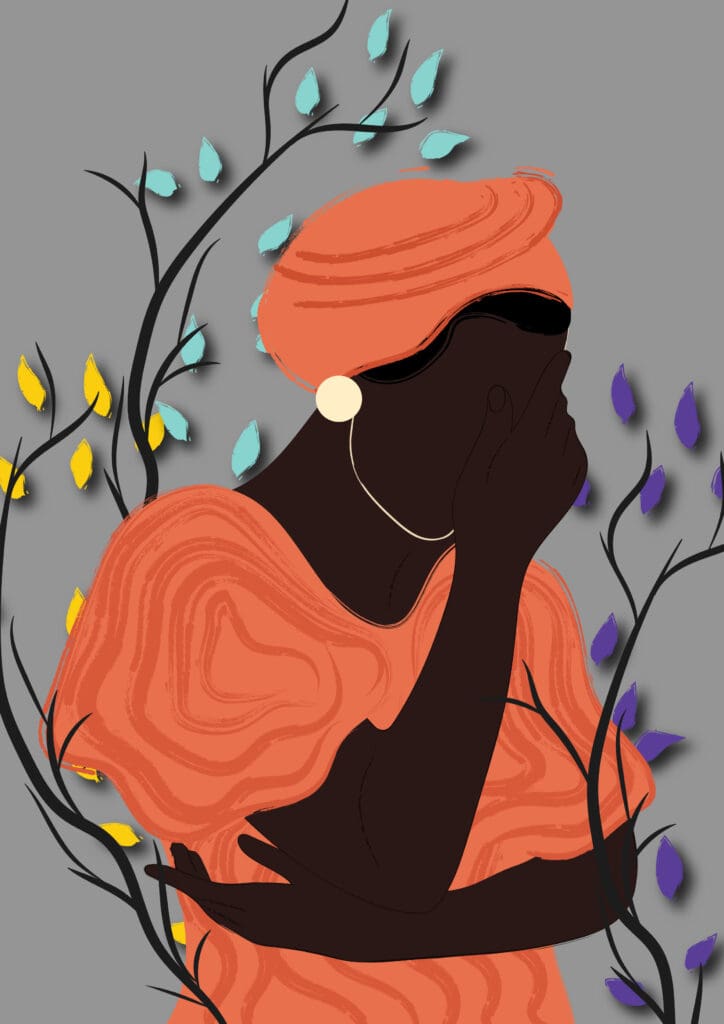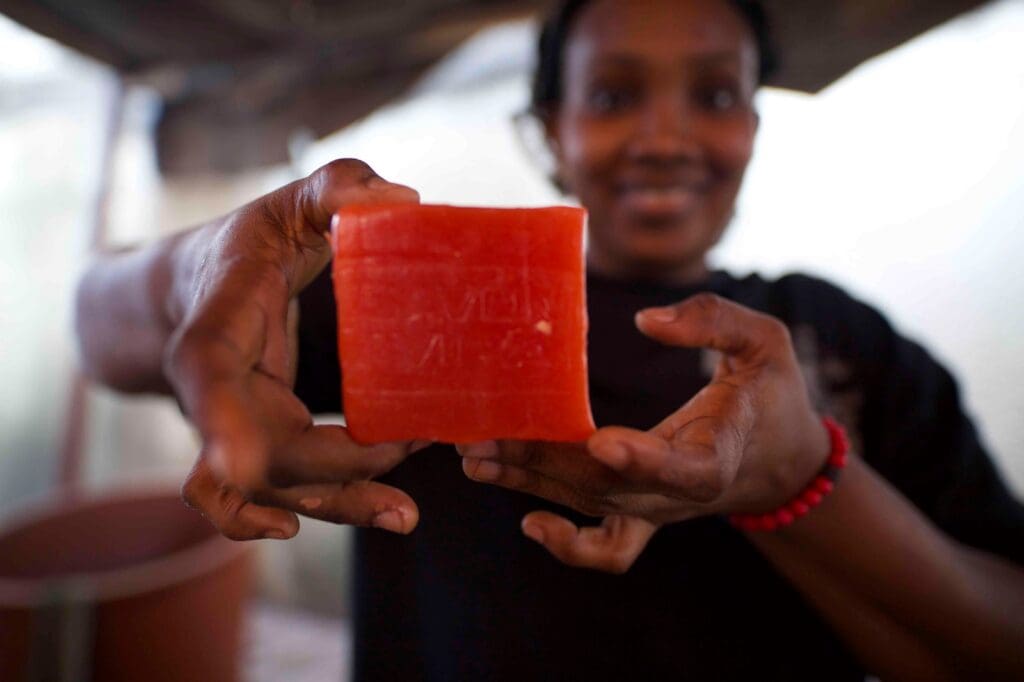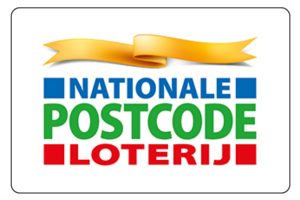Integrated Training Module for the African Great Lakes Region
In December 2011, the 12 Member States of the International Conference on the Great Lakes Region (ICGLR) signed the Kampala Declaration, committing to support survivors of sexual and gender-based violence.
As part of this commitment, the ICGLR’s Regional Training Facility trains and sensitises judicial officers, police units, medical staff, social workers, attorneys, and prosecutors across the Member States on handling cases of sexual and gender-based violence.
In 2019, with funding from the German Development Agency, the Mukwege Foundation partnered with Panzi Foundation DRC and the Regional Training Facility (RTF) to create joint training modules for the RTF’s Training of Trainers programme. The integrated modules were then piloted in Central African Republic, Democratic Republic of Congo, Rwanda, Uganda and Zambia.
Alongside this, two research studies mapped progress and gaps in the provision of holistic care across the African Great Lakes Region and gathered the perspectives and priorities of stakeholders including – crucially – survivors of sexual and gender-based violence. These form the foundation of an evidence-based advocacy strategy towards the Member States to renew and accelerate their commitments to ensuring access to holistic care for survivors of sexual and gender-based violence.
Holistic Care in Guinea
On 28 September 2009, thousands of demonstrators gathered in Conakry stadium to oppose the presidential candidacy of Captain Moussa Dadis Camara. Armed forces entered the stadium and beat, killed, and raped the civilians present. According to the UN International Commission of Inquiry in 2009 at least 157 people were killed or disappeared, and 109 women were raped. Several women died from injuries sustained during particularly cruel sexual assaults.
Survivors of sexual violence shared with us how they were scared to seek treatment in public health facilities following the political repression, and that they were stigmatised by their families and ostracised from their communities.
This, coupled with limited healthcare capacity in Guinea, meant that survivors were still waiting for surgery for severe internal injuries ten years later – and suffering the long-term medical and psychological consequences of this violence.
Our response
The project worked with a Guinean victims’ association, AVIPA, and public and private healthcare facilities to establish a Training of Trainers programme, sharing and exchanging expertise from a team of Panzi’s experts with clinical colleagues in Guinea, who then cascaded their knowledge and skills further to other Guinean doctors and nurses.
It initiated training for a core group of psychosocial workers to strengthen the limited existing capacity for psychosocial care. It also provided case management funds, enabling survivors of sexual violence atrocities to access long-overdue medical and psychological care, as well as funding to develop income generating activities with survivors.
Results
- More than 80 Guinean healthcare professionals trained, including 8 Training of Trainers professionals, by Panzi experts
- 4 psychologist trainers trained by Panzi experts, and a further 20 psychotherapists trained
- 123 victims of sexual violence received medical treatment and 40 victims – including 2 men and 38 women – received psychosocial care
- 200 survivors participated in income-generating activities, learning soap-making and fabric dyeing.


















